![Summer Learning and Back-to-School Success Summer Learning and Back-to-School Success The Importance of Summer Enrichment Looking back, it’s easy to see why starting school again in the fall was always so difficult for me as a child. Growing up in a working-class community, I never really participated in extracurriculars or structured summer activities. It wasn’t until I was an adult […]](https://creativity.org/wp-content/uploads/2019/08/GSK-Science-in-the-Summer2.jpg)
Summer Learning and Back-to-School Success
The Importance of Summer Enrichment
Looking back, it’s easy to see why starting school again in the fall was always so difficult for me as a child. Growing up in a working-class community, I never really participated in extracurriculars or structured summer activities. It wasn’t until I was an adult that I realized how ubiquitous the childhood “Summer Camp” experience is for many middle- and upper-class Americans. When our parents were working, my brother and I spent long lazy days hanging out with the other kids in our apartment complex in cool spaces we could find – the building’s stairwells, the corner store, the basement of a church next door. I certainly never felt a lack of anything – our summer experiences helped us develop as human beings in meaningful ways – but in retrospect I do think that going three months every year without any structured educational opportunities put us at a bit of a disadvantage when we returned to mixed-income classrooms.
Educational research indicates that there is truth to this. The concept of learning loss over the summer (often termed “summer slide”) has existed almost as long as the 9-month school-year has. Dozens of studies have shown that summer break causes on average about one month of learning loss, relative to Spring test scores. More to the point, while middle-income students’ reading and comprehension scores improve over the summer, lower-income students’ scores worsen (see Cooper). The achievement gap between students of different income levels grows significantly over the summer (see Downey). Different starting points in the fall mean that the gap is compounded over the year as well, making low-income kids likely to fall further and further behind every year (see Borman). The leading explanation of this disparity is the difference in summer activities that children of different socioeconomic statuses have access to (see Alexander).
This is not hugely surprising. On the most obvious level, children from higher-income families are more likely to have a parent or guardian consistently home with them, available to provide activities and excursions. They are also much more likely to be enrolled in summer children’s programs or camps which engage creativity and critical thinking skills. Their families are also more likely to travel or visit museums together.
Reminder: CCM is a member of Museums for All, a museum access program that offers free or reduced admission for EBT cardholders!
Various initiatives have taken hold in recent years to combat summer slide by increasing access to positive educational experiences. For the past two years, CCM has participated in the nationwide GSK Science in the Summer program, bringing free STEM workshops – Science, Technology, Engineering, and Mathematics – to underserved communities across the Bay Area. These four interactive Science in the Summer workshops build upon one another and serve a variety of purposes. Firstly, they include fun hands-on activities that spark kids’ interests and deepen their understanding of what science means. Additionally, they provide a unique introduction to careers in STEM fields and are specifically designed to open children’s minds to what is possible.
To get more insight into this free community outreach initiative, I sat down with Emily Phung, this year’s GSK Educator. She is a rising fourth-year student at USF, enrolled in a dual-degree program, working toward both her Bachelor’s in Environmental Science and her Master’s in Education. Emily grew up in both Sacramento and Hawaii.
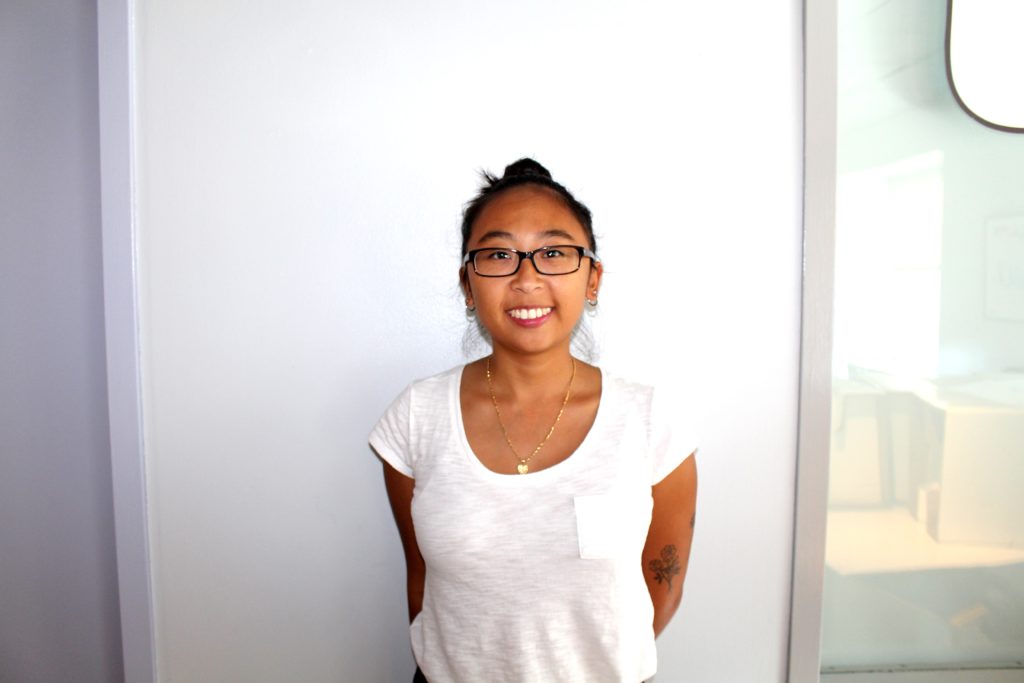
Tell me more about your experience and interest in the field of education!
“It’s a recent discovery that I’ve made, this passion that I have for education. Because I’m majoring in Environmental Studies, the majority of the classes I’ve been taking at my university have been oriented around environmental sciences. I hadn’t considered [education] until I talked with my advisor about being interested in Outdoor Education and how I’ve always liked working with kids. Also, I think I really identify with certain movements around the Bay Area, groups working to help under-served communities and children of color who don’t have a lot of opportunities to explore the outdoors in a positive way, especially in the city.”
Tell me about your journey at CCM. What led you to pursue becoming this summer’s GSK Educator? What interested you about the GSK program?
“I started my Education Internship at CCM in the fall of 2018, and completed my Senior Internship in spring 2019. Educators at the museum connected me with the GSK position because they know I love science. It was also an opportunity to work with students from under-served communities, particularly communities of color, which is something that’s very important to me.”
Why is this program (or summer education outreach programs in general) important?
“From what I’ve seen over the summer, a lot of these kids already have a lot of interest and knowledge about science but don’t have any way to express that. I’ve spoken with a lot of parents after workshops who’ve said things like, “Oh, I’ve never seen anything like this before, I want to learn about how I can find more activities like this for my kids to do!” Some of these activities are really simple, and you can find all of the materials to do them at home, but the curriculum isn’t always easily accessible to parents. Exposure to fun learning like Science in the Summer engages families and communities and helps them feel empowered in their role in their children’s education, which is especially important over the summer.”
What was interesting or different about this year’s Science of Me curriculum?
“The students really like the hands-on activities: getting to dissect sheep hearts (which most students don’t get to do until they’re in high school), or extracting DNA, or just learning fun facts here and there that made them say “Wow, that’s so amazing!” I think in school, content isn’t always taught in a fun way, so [often students] can’t connect to it.
Because this year’s curriculum is based in biology and anatomy, it can be personal and bring up sensitive topics. It’s all about putting a positive spin on it and maintaining inclusivity. For example, instead of emphasizing that we get our DNA from our parents, we’d explain that your DNA can make you look like your aunt, or your uncle, or your grandparents, which makes it relevant to kids who have a guardian who is not necessarily their biological parent.”
What do you see as the goals of this program?
“The program was started by a female scientist at GSK who wanted more women to be represented in scientific fields. She created this program for kids and also specifically for girls to create interest in STEM, which is great. Because we are able to offer these workshops for free, a primary goal of the Science in the Summer program is to serve communities who don’t have access to programs like this!
For me personally, having a teacher who is female and a person of color has been really impactful – firstly because I have someone who I can connect to and feel safe with; but I also feel like I can achieve the same professional goals as her if I want to.”
What have you learned from facilitating the Science of Me program this summer?
“I’ve become a better Educator. GSK wrote this entire curriculum and we were basically just thrown into it. I had two weeks before we started programming to be trained in the workshops, read over everything and get to know it, but you can’t really know what facilitating the content is going to be like until you do it for the first time. And every time you do it, it’s different because the audience you have is different, the group of kids you have is different. So I think it’s taught me how to think on my feet and improvise, and also just how to work with different audiences of kids. A lot of it connects back to what I’m learning in my teaching program. I read articles about issues and topics in education, and then I see them in real life when I’m teaching GSK.
Overall, it’s been really fun! But it’s also been the hardest thing I’ve ever done, and the first job that I’ve had that really benefits my career in the future. So even though it’s been difficult, it’s been a great learning experience too. Even if it’s not in formal education, I definitely see the rest of my life being helping kids and teaching kids.”
What part(s) of the experience has been the most challenging?
“Just coordinating everything, because sometimes talking with our contacts at certain sites is a little bit difficult. I’ve been learning life skills I guess you could say, how to send emails addressing problems that we’re experiencing, and how to advocate for what we need as an organization and for what the kids need.”
What parts of the experience have been most rewarding?
“Coming back to a site after our first week and having the kids know my name, ask me questions, and feel comfortable enough to address me and talk to me – not only about science but just what’s going on in their lives.
Also when parents come up to me after workshops and tell me they want to come back next week because “My son is so excited, it’s the only thing he talks about all week.” Plus little moments when the kids are really engaged, it’s subtle but it lets us know that we’re doing really well as facilitators.”
Note: This interview has been edited and condensed for clarity.
***
One of the biggest takeaways from my conversation with Emily was the importance of family engagement as a means of counteracting summer slide, as well as generally improving a student’s support for academic success throughout the year. Another was that making activities hands-on is key to engagement – and summer is a great time to incorporate more active learning experiences.
Reflecting on my own childhood experience with back-to-school, as well as the impact I have witnessed summer programs have on children through my experience as an Educator, has given me insight into how we can best level the playing field for all students on the first day of school. Preventing summer learning loss does not mean sacrificing relaxation or unstructured exploration and play – it’s just a matter of incorporating some fun educational experiences to keep children’s academic skills active as well. Maintaining educational progress through the summer months requires cooperation between educators, families and various community players – and as the GSK Science in the Summer program exemplifies, partnering with libraries and museums like CCM – to share the educational responsibility attributed to public schools during the school year. Through collaborative efforts of this kind, we can ensure that all children are supported and challenged intellectually, all year round.
If you’re interested in exploring some of GSK’s Science in the Summer activities for yourself, please join us on Saturday, August 24th for our GSK celebration! We will be showcasing many of this summer’s activities, with opportunities for kids and adults alike to jump in and experiment. This is a great opportunity for families who want to help their kids get excited for the new school year through fun, science-oriented activities.
Resources for further learning:
Science in the Summer Curriculum
National Summer Learning Association
About the Author
Dakota Bragato is the current Creative Group Workshop Fellow at CCM. She was an Education Intern in Summer 2018, and decided to return this year as a member of our Education Team! She has experience with community and political organizing as well as childcare and education. She is passionate about fighting educational inequity. Dakota is a rising senior at Cornell University, where she is pursuing a Bachelor of Arts in American Studies.
Sources:
Alexander, K. L., Entwisle, D. R., & Olson, L. S. (2001). Schools, achievement, and inequality: A seasonal perspective. Educational Evaluation and Policy Analysis, 23(2), 171.
Borman, G., Benson, J., & Overman, L. (2005). Families, Schools, and Summer Learning. The Elementary School Journal, 106(2), 131-150. doi:10.1086/499195
Cooper, H., Nye, B., Charlton, K., Lindsay, J., & Greathouse, S. (1996). The Effects of Summer Vacation on Achievement Test Scores: A Narrative and Meta-Analytic Review. Review of Educational Research, 66(3), 227-268.
Downey, D., Von Hippel, P., & Broh, B. (2004). Are Schools the Great Equalizer? Cognitive Inequality during the Summer Months and the School Year. American Sociological Review, 69(5), 613-635.
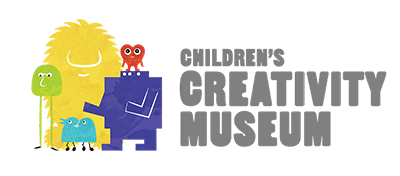
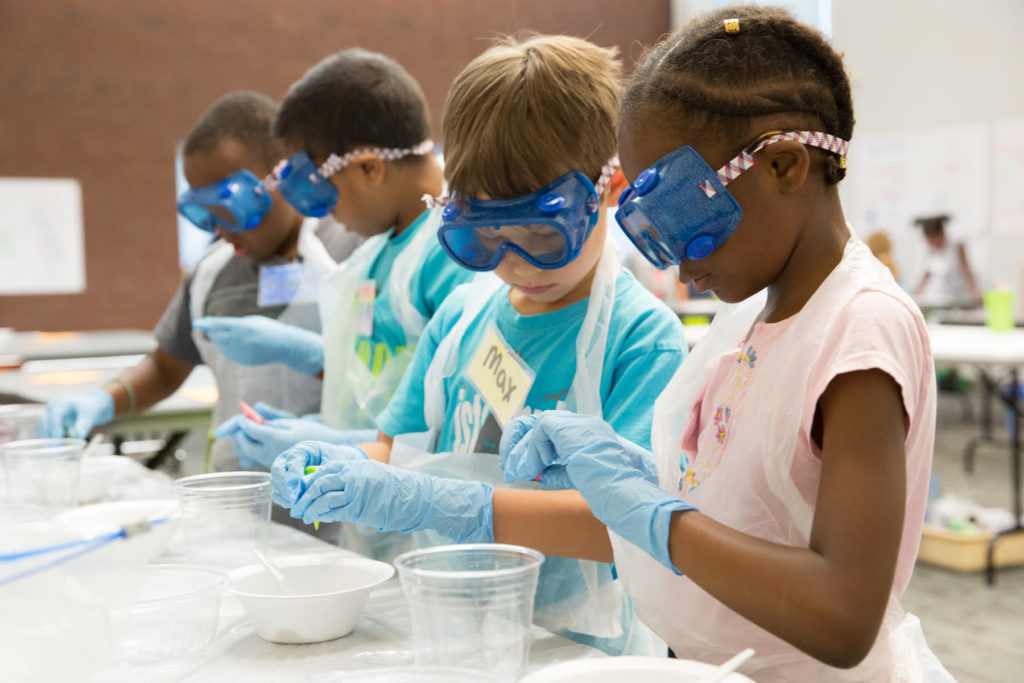
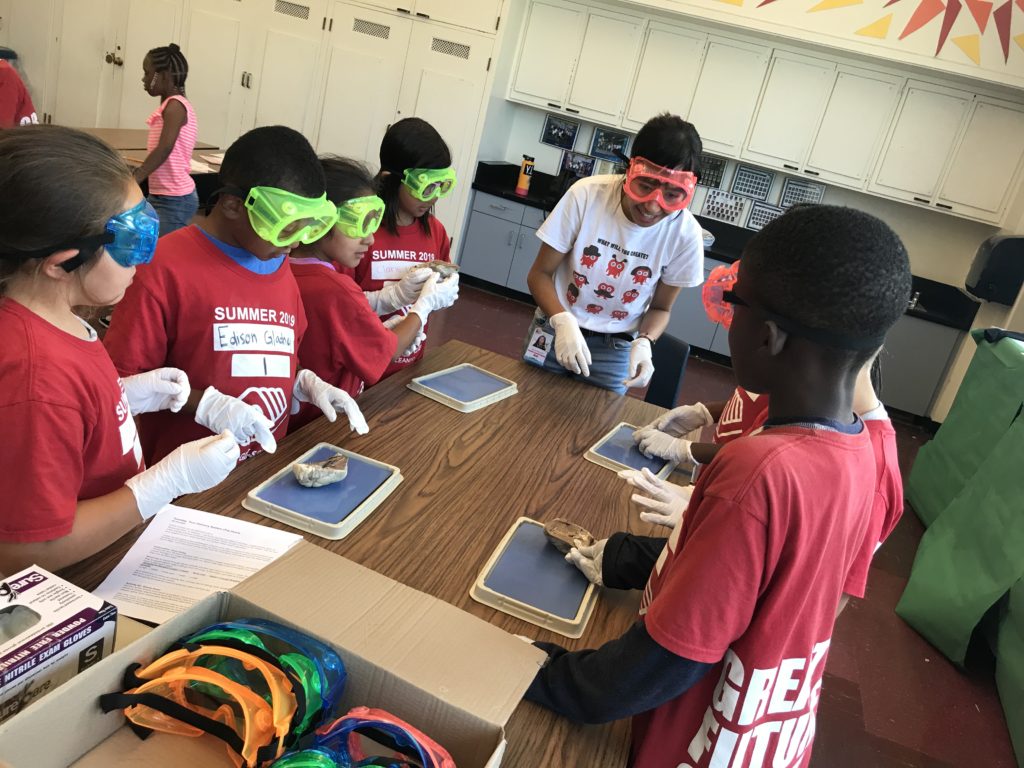
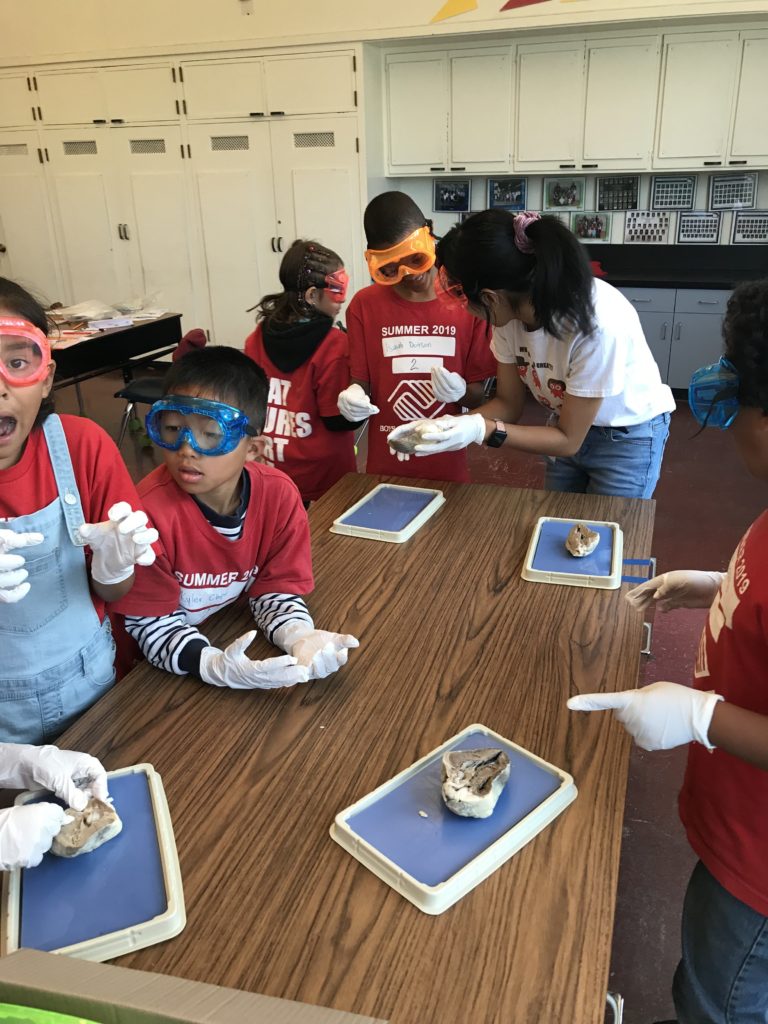
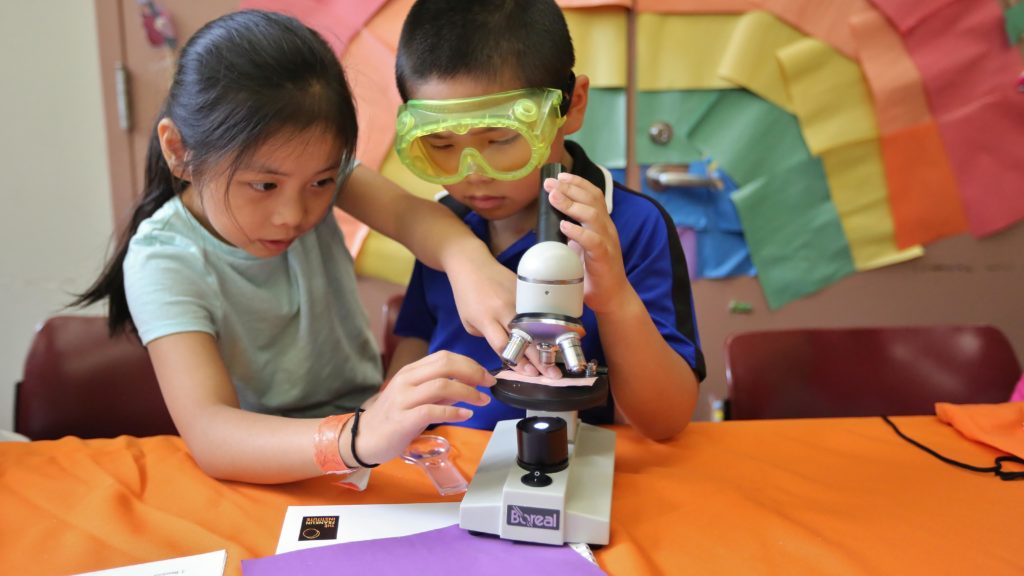
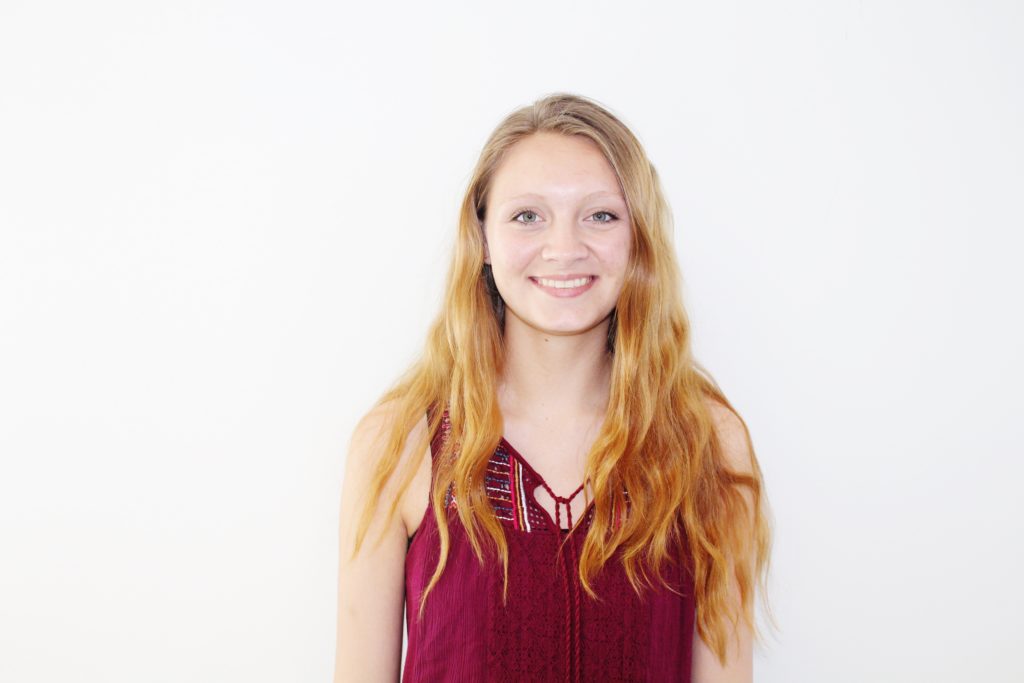
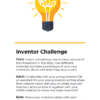
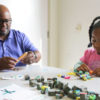
Leave a Reply